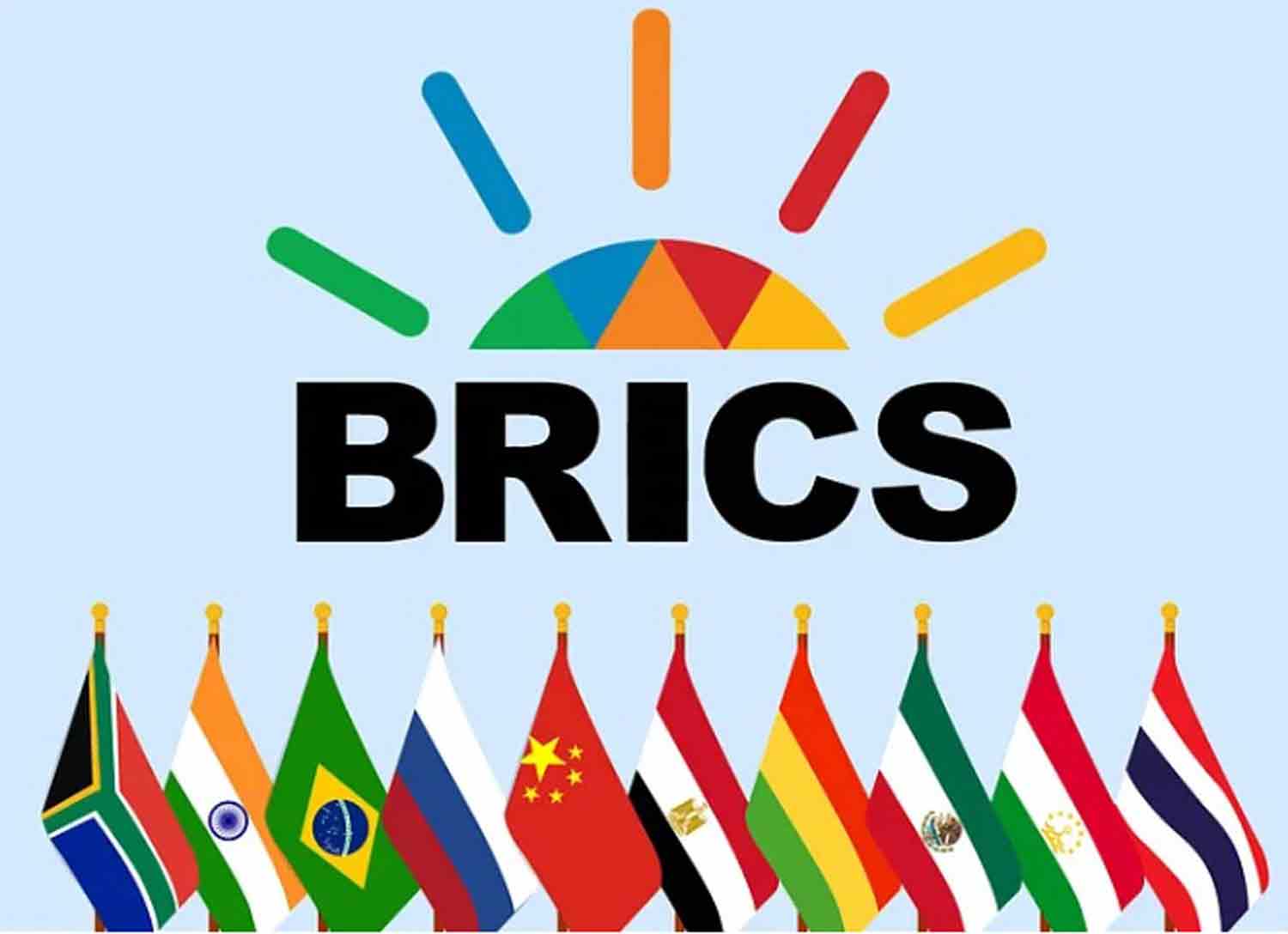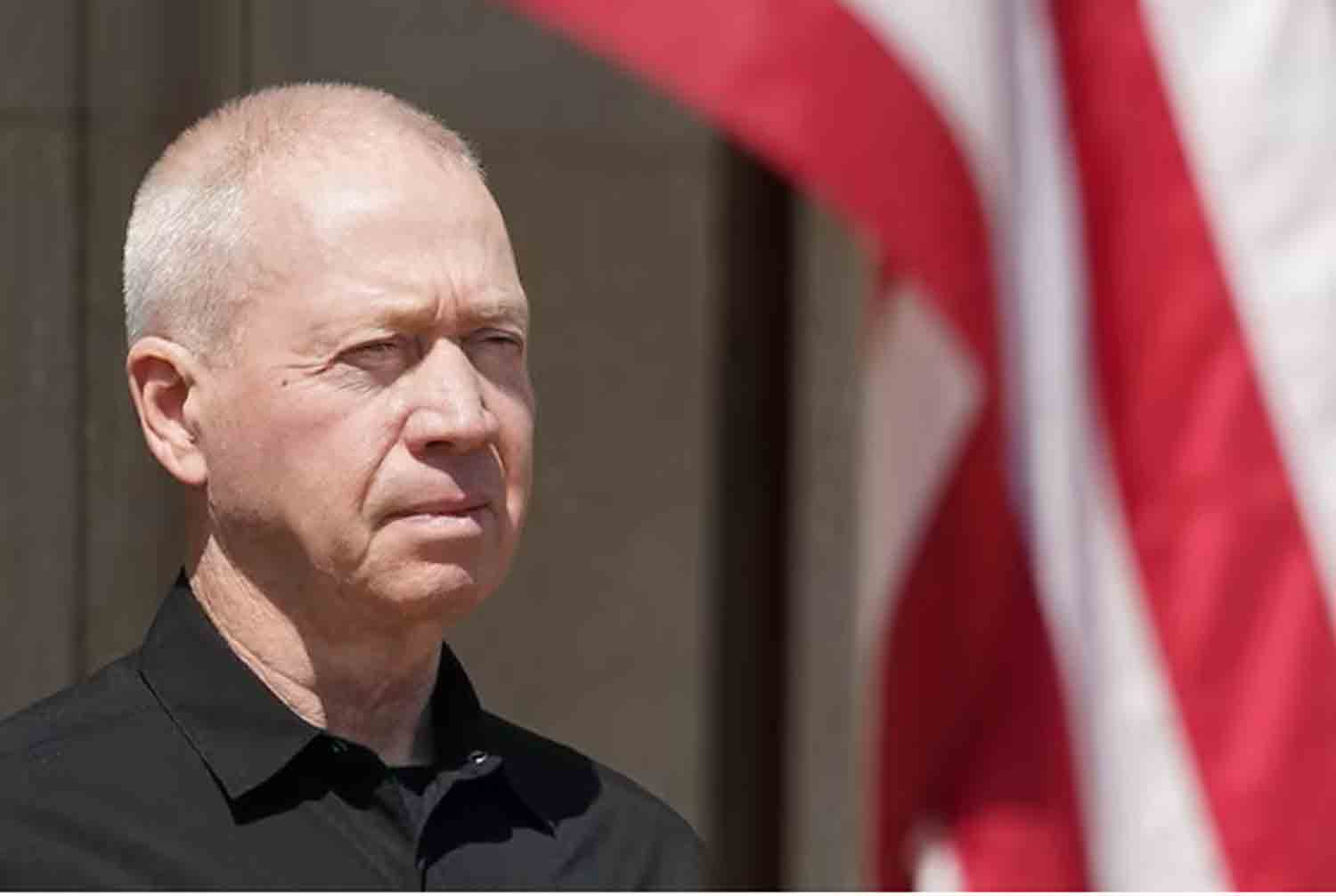The notion that the BRICS group could pose a challenge to the U.S. dollar is unrealistic, particularly given the ongoing divisions between China and India and their reluctance to collaborate on trade, according to the former Goldman Sachs economist who coined the BRIC acronym in a Reuters interview.
Russian President Vladimir Putin is leveraging the BRICS leaders’ summit to demonstrate that Western efforts to isolate Russia due to the Ukraine conflict have been unsuccessful, highlighting Russia’s growing relationships with emerging Asian powers.
Jim O’Neill, who was the chief economist at Goldman Sachs when he introduced the BRIC term in 2001, emphasized the significant growth potential of Brazil, Russia, India, and China, as well as the necessity for global governance reforms to incorporate these nations. He remarked, “The idea that BRICS could function as a legitimate global economic entity is quite fanciful, akin to the G7’s self-perception. It is concerning that they envision themselves as a viable alternative on the global stage, as this is clearly impractical.”
The gathering appears to serve primarily as a symbolic annual event where significant emerging nations, particularly assertive ones like Russia and China, can convene to showcase the advantages of being part of a coalition that operates independently of the United States, while also critiquing the inadequacies of global governance.
O’Neill, who acknowledged that he would always be associated with BRICS, remarked that the group has made minimal progress over the last 15 years.
He emphasized that addressing genuine global challenges is not feasible without the involvement of the United States and Europe, just as the West cannot effectively tackle these issues without the participation of China, India, and, to a lesser extent, Russia and Brazil.
The BRICS coalition originated from discussions among Russia, India, and China, which later formalized their meetings and expanded to include Brazil, South Africa, Egypt, Ethiopia, Iran, and the United Arab Emirates, with Saudi Arabia yet to officially join.
Currently, the group represents 45% of the global population and 35% of the world economy, measured by purchasing power parity, with China contributing over half of this economic strength.
During the summit on Wednesday, Putin noted that more than 30 countries have shown interest in joining the group, but he stressed the need for careful consideration regarding any expansion. O’Neill cautioned that adding more members to BRICS would complicate the group’s ability to achieve meaningful outcomes.
DOLLAR CHALLENGE?
Russia is attempting to persuade BRICS nations to establish an alternative international payment system that would be resistant to Western sanctions. O’Neill, 67, noted that discussions about alternatives to the dollar have been ongoing since he began his career in finance, yet none of the countries capable of challenging the dollar have made substantial efforts to do so. He pointed out that any currency from BRICS would largely rely on China, with Russia and Brazil playing minimal roles.
“If they were truly serious about economic issues, why not genuinely pursue trade with lower tariffs among themselves?” O’Neill remarked. “I will take the BRICS group seriously when I observe that the two key players—China and India—are genuinely working towards consensus rather than continuously confronting one another.”
India has sought to limit Chinese investments following a border dispute that escalated into a clash between border forces in 2020. However, the two nations committed to enhancing cooperation during their first formal discussions in five years on Wednesday. Chinese President Xi Jinping informed Putin that the global situation is fraught with chaos, yet he emphasized that the strategic partnership between Beijing and Moscow serves as a stabilizing force amid unprecedented changes in a century.
O’Neill criticized the G20 for failing to become a backbone of genuine global governance, attributing this to the inward focus of both the United States and China since the middle of the last decade. He argued that BRICS lacks defined goals and should address significant global challenges, such as developing vaccines or treatments for infectious diseases and combating climate change.
Discover more from Defence Talks | Defense News Hub, Military Updates, Security Insights
Subscribe to get the latest posts sent to your email.





